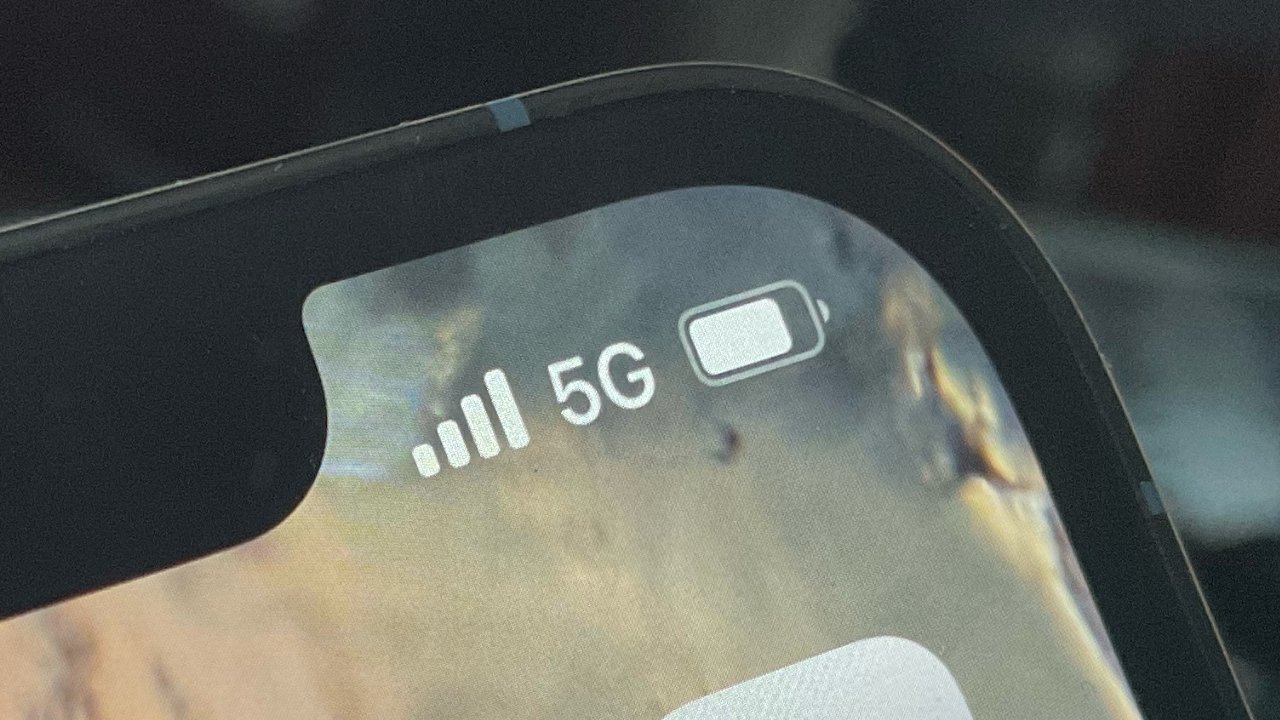Two firms are reportedly competing to handle the final packaging of Apple's in-house 5G modem for future iPhone models.
Apple currently uses 5G modems supplied by Qualcomm, with that partnership expected to end with the 2023 iPhone 15 lineup. After years of development, and an expectation to introduce a product using its own design of modem, Apple still has to organize producing the component.
At least two companies are lining up to handle packaging duties for the modem chips, according to DigiTimes. ASE Technology and Amkor Technology won't handle manufacturing the modem chips themselves, but will handle the final assembly of the component for introduction into the assembly supply chain.
The two firms do have some experience working on modems, having done so for Qualcomm already, which could bode well for the initial Apple modem release.
It is still unclear who will actually produce the modem chips. Though TSMC is a chip producer working on Apple's A-series chips and Apple Silicon, and is a strong contender for modem chip manufacturing, it's still possible that it could be made by another foundry.
DigiTimes has a decent track record when it comes to rumors, but while its supply chain leaks and reports are usually fairly solid, it has less luck when it comes to specifications.
Apple has been intending to make 5G chipsets for a number of years, as it weans itself off dependency on Qualcomm's modem lineup. In 2019, it paid a billion dollars for Intel's modem business, which helped accelerate development of the component.
Rumors in January alleged the iPhone SE 4 had been cancelled, due to it being intended as a testbed for the chips that apparently tested poorly. However, by the end of February, the iPhone SE 4 was apparently revived, with Apple's 5G modem still onboard.
 Malcolm Owen
Malcolm Owen




-xl-m.jpg)




 William Gallagher
William Gallagher
 Mike Wuerthele
Mike Wuerthele


 Thomas Sibilly
Thomas Sibilly
 Wesley Hilliard
Wesley Hilliard
 Marko Zivkovic
Marko Zivkovic








4 Comments
With the way things have been going lately, even if Apple makes its own 5G modem somebody somewhere will sue them over it.
The chip fab, chip assembly, and chip test are all different businesses. When a fab-less chip design company makes a device, they contract for all three of these processes. Assembly and test usually go together - https://semiengineering.com/knowledge_centers/packaging/outsourced-semiconductor-assembly-and-test/ You buy finished wafers, and they get shipped to the OSAT for packaging and test.
There are all sorts of packaging techniques, so a company is going to contract with a vendor who has experience with the device package of interest. This is all an ordinary part of the semiconductor business.